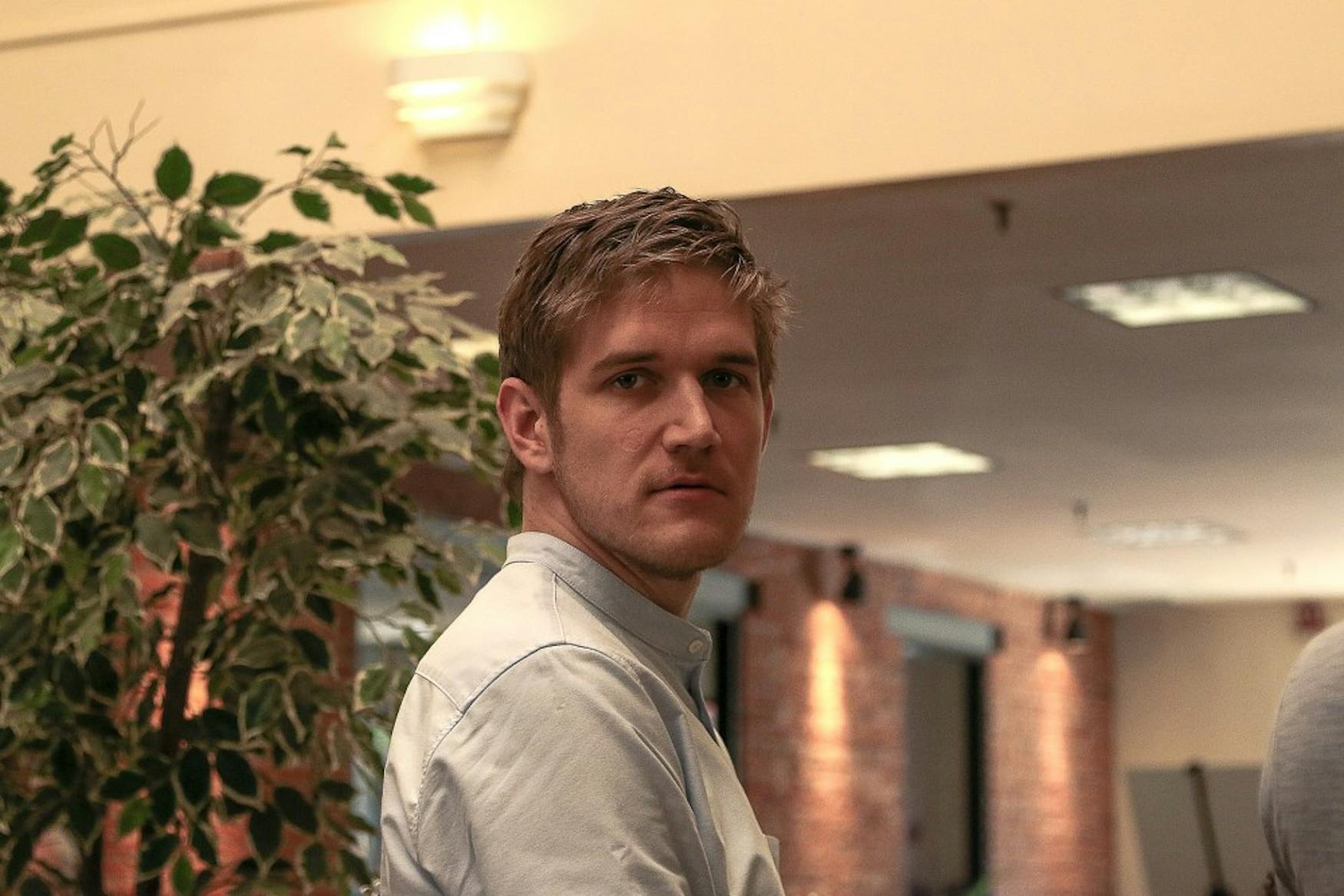Back to school with Bo Burnham
How do we connect organically in a world dominated by technological barriers? They are everywhere: in the classroom, at the dinner table, and are even guilty of disturbing the tranquil relationship between head and pillow. In his directorial and screenwriting debut “Eighth Grade,” stand-up comedian Bo Burnham explores this question through the eyes of a socially anxious middle schooler, Kayla.
The film chronicles Kayla’s last week in eighth grade, culminating in her graduation. Despite receiving the superlative for “most quiet,” Kayla consistently reaches out to her peers and even makes YouTube videos, giving tips on how to be confident and offering life advice.
I was struck by how the film dealt with Kayla’s journey of growing up and her connection with her own femininity. Growth is awkward, painful and fundamentally part of the human experience. What makes Kayla’s journey so fascinating to today’s audiences is the way technology plays a part in this growth.
Kayla’s perceived quietness is a symptom of the world she inhabits. Technology literally creates a physical barrier between Kayla and her peers. In one scene, she attempts to talk to two popular girls who are both so focused on their phones that Kayla’s words barely register. Kayla compliments one of the girls’ shirts and tries to draw attention to her own, and in return receives nothing but a dazed “huh.”
The film makes a point of calling attention to minute differences in technological exposure based on age. In one scene, Kayla is invited to the mall by a high-schooler, Olivia, whom Kayla is shadowing. One of Olivia’s friends asks Kayla when she “got Snapchat.” “Fifth grade,” Kayla responds. “You see, she’s different than us. Her mind is wired differently,” says the friend. In this moment, technology is not just isolating Kayla’s ability to make initial connection, but also influencing the way she is perceived by others.
The valuable relationships in Kayla’s life are those devoid of technology: her single father, who looks out for her and cares about her well being; Olivia, who represents a role model and hope for the future; and Gabe, an equally awkward boy who actually treats Kayla like a whole person instead of objectifying her for her femininity.
The themes of “Eighth Grade” are consistent with the stand-up comedy of Bo Burnham: isolation, anxiety, self image, personal connection and their correlation with technology and the internet. However, by moving behind the scenes, Burnham is able to tell a completely different story. Kayla’s journey is empathetically hilarious and painfully relatable.
“Eighth Grade” does not question technology’s role in adolescent development, but for viewers it is impossible not to identify the damage it can inflict. Technology, by its very nature, is a tool. However, it has morphed from optional to absolutely necessary in almost every aspect of day-to-day life. Watching the scene where Kayla tries to reach out to her peers prompts me to wonder: If all of these kids weren’t glued to their phones, would Kayla even feel socially anxious? Instead of solely worrying about how she’ll be perceived, technology’s role forces her to question if she will even be seen at all.
Burnham’s film is so special because it takes the experiences and emotions of an eighth-grade girl, a demographic whose stories are quite often trivialized, and takes them seriously. I came away from “Eighth Grade” feeling like a step forward had been taken in the way that the stories of women, at any age, are given the stage and screen time that they deserve.



Please note All comments are eligible for publication in The Justice.